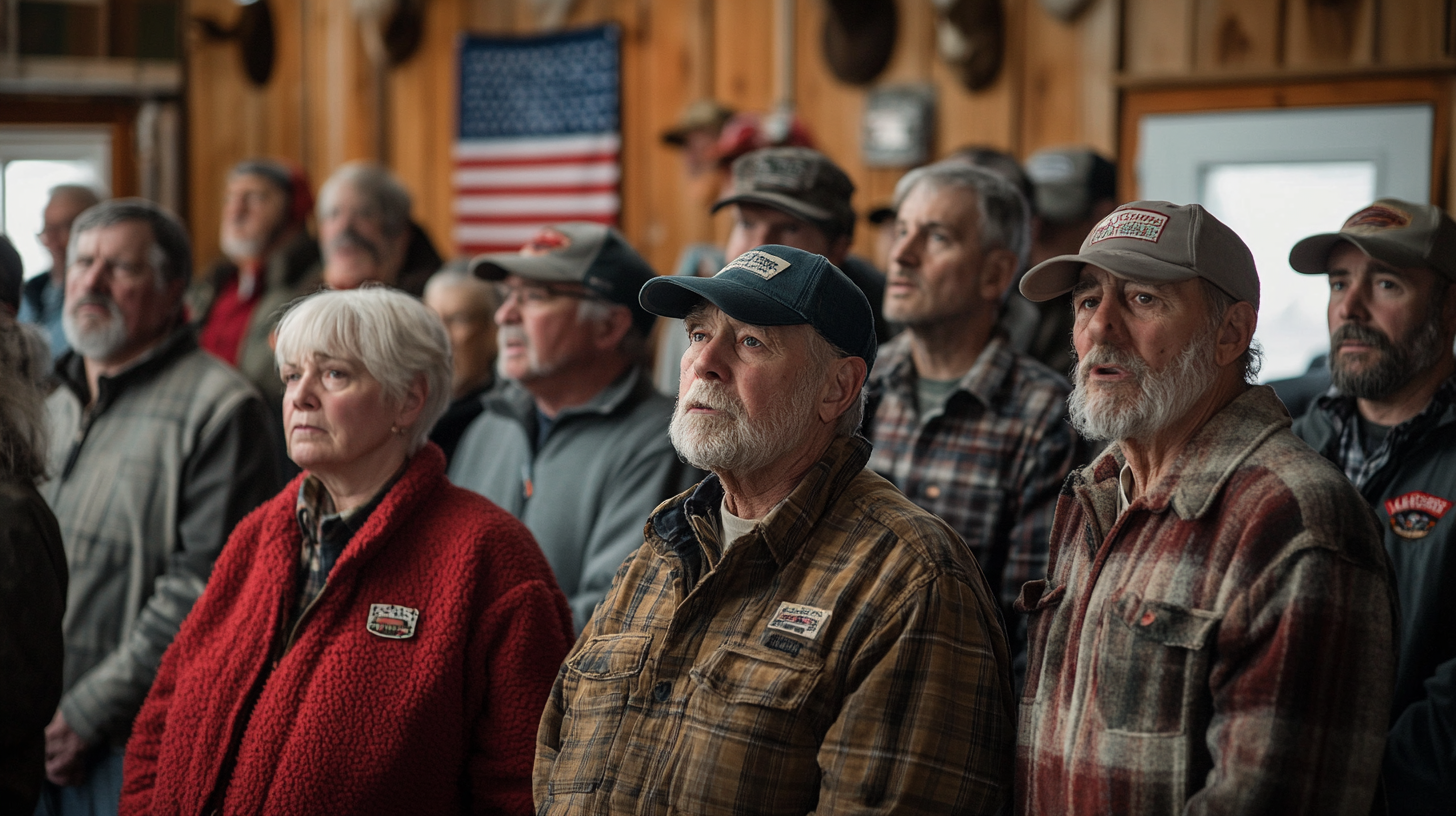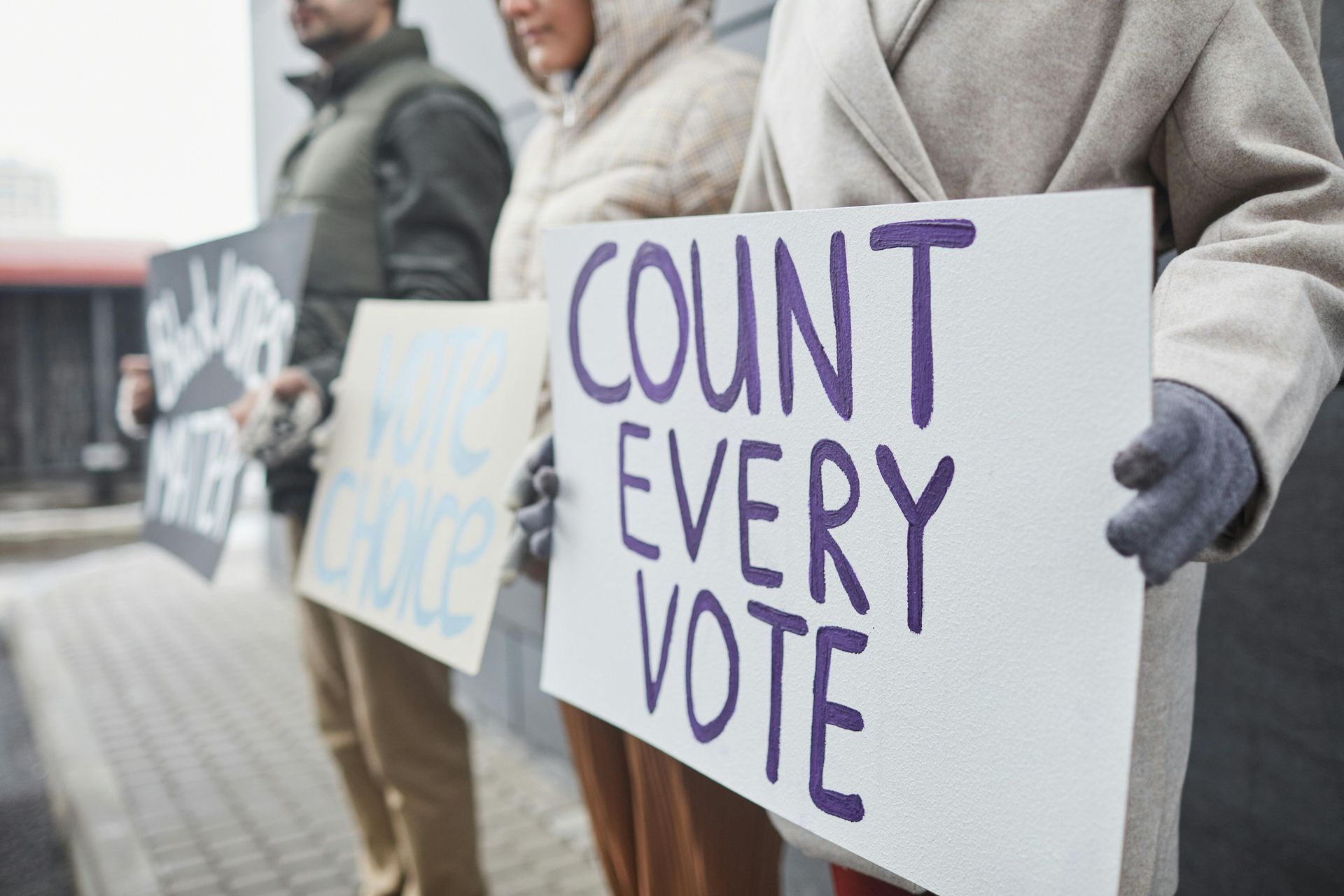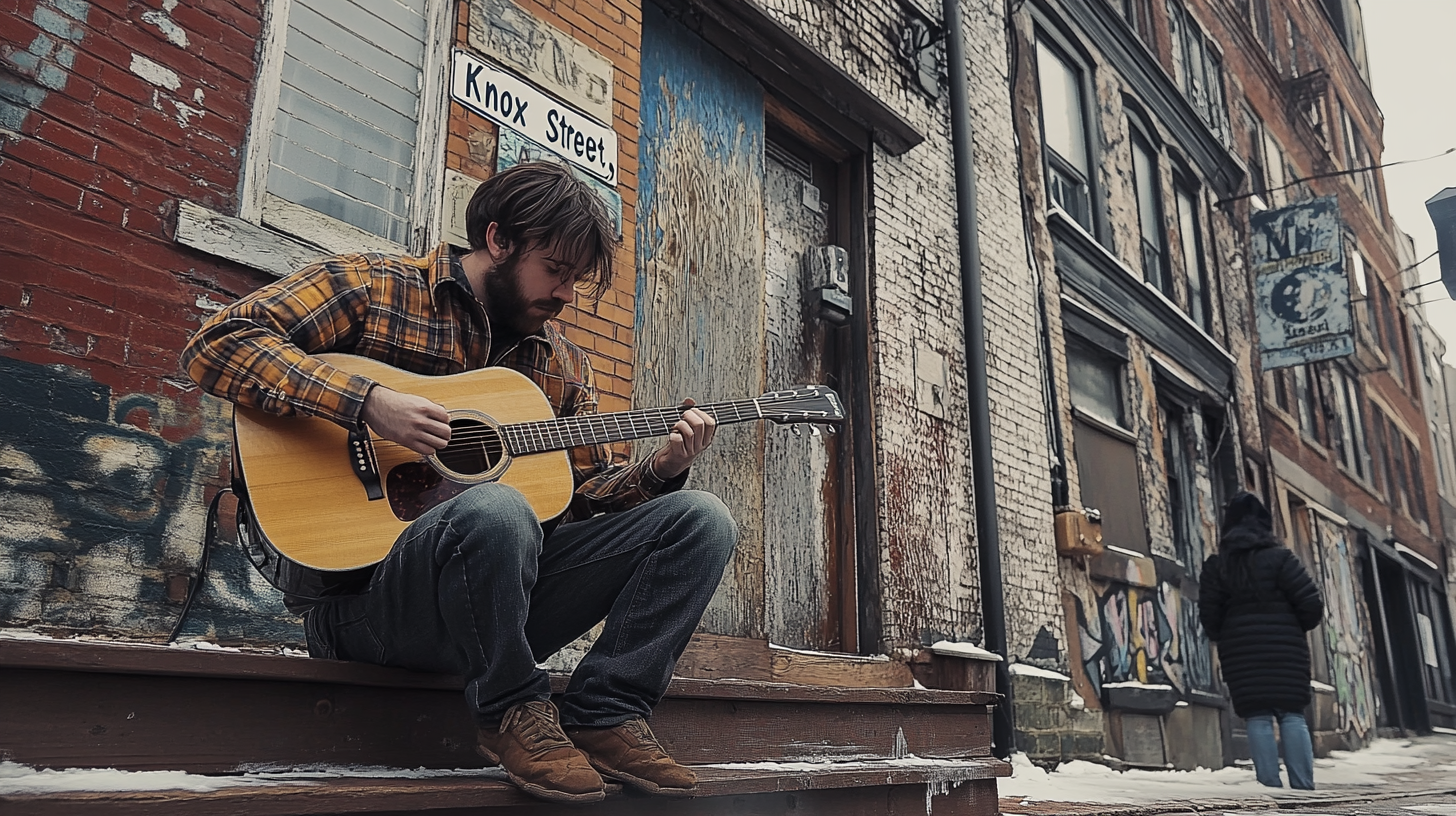DIRTY LEW
Lewiston Man Sentenced to 2 ½ Years for Racist Threats Toward Neighbors
In a case that has shaken the Lewiston community, Charles Allen Barnes, a 47-year-old Lewiston resident, was sentenced to 30 months in prison after pleading guilty to making racist threats toward a Black family in his apartment complex. The sentencing, which took place on Wednesday, underscores the seriousness of hate-fueled crimes and the legal system's commitment to addressing racial violence.
THE INCIDENT: A THREAT FUELED BY HATE
According to the U.S. Department of Justice (DOJ), Barnes pleaded guilty to one count of threatening communications in interstate commerce. This charge stemmed from a series of racially charged threats he made toward his neighbors. In March, Barnes admitted to sending a Facebook voice message that included repeated racial slurs. During the message, Barnes told the family that he was outside their apartment and threatened to kill anyone who came out.
The family, who had already been facing the difficulties of living in a shared apartment complex, suddenly found themselves the targets of violent, racially motivated threats. Barnes’ actions left the victims in fear for their lives, and the situation quickly escalated into a matter of public safety and law enforcement intervention.
A LEGAL PROCESS WITH NATIONAL IMPLICATIONS
Barnes' threats were not only disturbing for their content but also significant in how they were delivered. By using Facebook to communicate his threats, Barnes’ case fell under federal jurisdiction, as the threats were made using interstate commerce. This allowed the DOJ to intervene, bringing the full weight of federal hate crime laws to bear in the prosecution.
The DOJ’s involvement highlights the importance of addressing hate crimes at the national level.
Racism and threats of violence are not confined to individual communities; they are part of a broader societal issue that requires coordinated action from local and federal authorities.
Barnes’ guilty plea came as part of a deal with prosecutors. While the plea deal spared the family a lengthy trial, it ensured that Barnes would be held accountable for his actions, setting a precedent for how such cases are handled in the future.
THE IMPACT ON THE LEWISTON COMMUNITY
For the Lewiston community, this case has been a stark reminder of the challenges that people of color continue to face, even in their own neighborhoods. Lewiston, like many other cities, has become increasingly diverse in recent years, with an influx of immigrants and families from various racial and ethnic backgrounds.
Yet, despite these changes, incidents like Barnes' racist threats show that racial tensions can still surface, creating fear and division. For the Black family targeted by Barnes, this was not just a personal attack — it was an attack on their right to live peacefully and safely in their own home.
Community leaders in Lewiston have voiced their support for the victims and condemned Barnes' actions. Several local organizations have called for more education and awareness efforts to help address racism and prevent future incidents like this from occurring.
THE BROADER PROBLEM OF RACISM IN AMERICA
This case is part of a larger pattern of racially motivated threats and violence across the country. While Lewiston is far from the only place where such incidents occur, Barnes’ sentencing serves as a reminder of the need for continued vigilance and advocacy against racism. Communities, both small and large, are grappling with how to handle these incidents and foster inclusivity.
Hate crimes in the United States have been on the rise, according to data from the FBI. Racially motivated threats and acts of violence, particularly against Black Americans, have garnered national attention. Cases like the one involving Charles Allen Barnes draw attention to the persistent racism that many individuals face daily. These incidents are not isolated but part of a larger narrative of racial injustice that continues to affect communities nationwide.
The DOJ’s involvement in this case, and the eventual sentencing of Barnes, sends a clear message that threats based on race or ethnicity will not be tolerated. The federal government has long been involved in prosecuting hate crimes, recognizing the unique damage they inflict not only on the victims but on society as a whole.
A STEP TOWARD ACCOUNTABILITY
Barnes’ 30-month prison sentence is a step toward accountability, but for many, it may not feel like enough. Victims of hate crimes often suffer long after the legal process has concluded. The Black family targeted by Barnes is likely to continue feeling the effects of his threats for years to come. Living with the fear that one’s safety is at risk due to skin color is a trauma that can be difficult to heal from.
While the legal system can punish offenders like Barnes, there is still much work to be done in addressing the root causes of racism. Education, open dialogue, and proactive community involvement are crucial to creating an environment where such threats are not just prosecuted but prevented altogether.
MOVING FORWARD
For the Lewiston community, this case should serve as a wake-up call. Racism and violence have no place in any city, and incidents like this should prompt deeper conversations about how to create a safer, more inclusive environment for everyone. While Charles Allen Barnes will spend the next two and a half years behind bars, it is up to the community to ensure that his actions do not define Lewiston’s future.
As Lewiston continues to grow and diversify, it must also grow in understanding and respect. The response to this incident — from community leaders, law enforcement, and the justice system — has shown that the city will not tolerate racism or threats of violence. But real change comes from the ground up, and it is up to every member of the community to contribute to building a city where everyone can feel safe and valued.
In the end, this case is not just about one man’s racist threats. It’s about how we, as a society, respond to hate and ensure that everyone, regardless of their background, can live without fear. The road to true equality is long, but cases like this remind us that each step forward is crucial in the fight against racism and injustice.
Go to Comments' Board
Join the Conversation!
Ready to share your thoughts on what’s happening in Lewiston? Head over to the Dirty Lew discussion board and be part of the dialogue that’s shaping our community. Whether it’s local news, city issues, or just something on your mind, your voice matters. Jump into the debate, share your perspective, and connect with others who care about the Dirty Lew just like you.
Latest forum topics:
Click or Tap to Share
Submit Your Story
Do you have a story to tell? Submit your own article for review, and let your voice be heard in Lewiston. Whether it’s an opinion piece, a report, or a personal experience, we want to hear from you.




Submit Your Story
Do you have a story to tell? Submit your own article for review, and let your voice be heard in Lewiston. Whether it’s an opinion piece, a report, or a personal experience, we want to hear from you.
© Copyright 2024 | All Rights Reserved |
Dirty Lew




